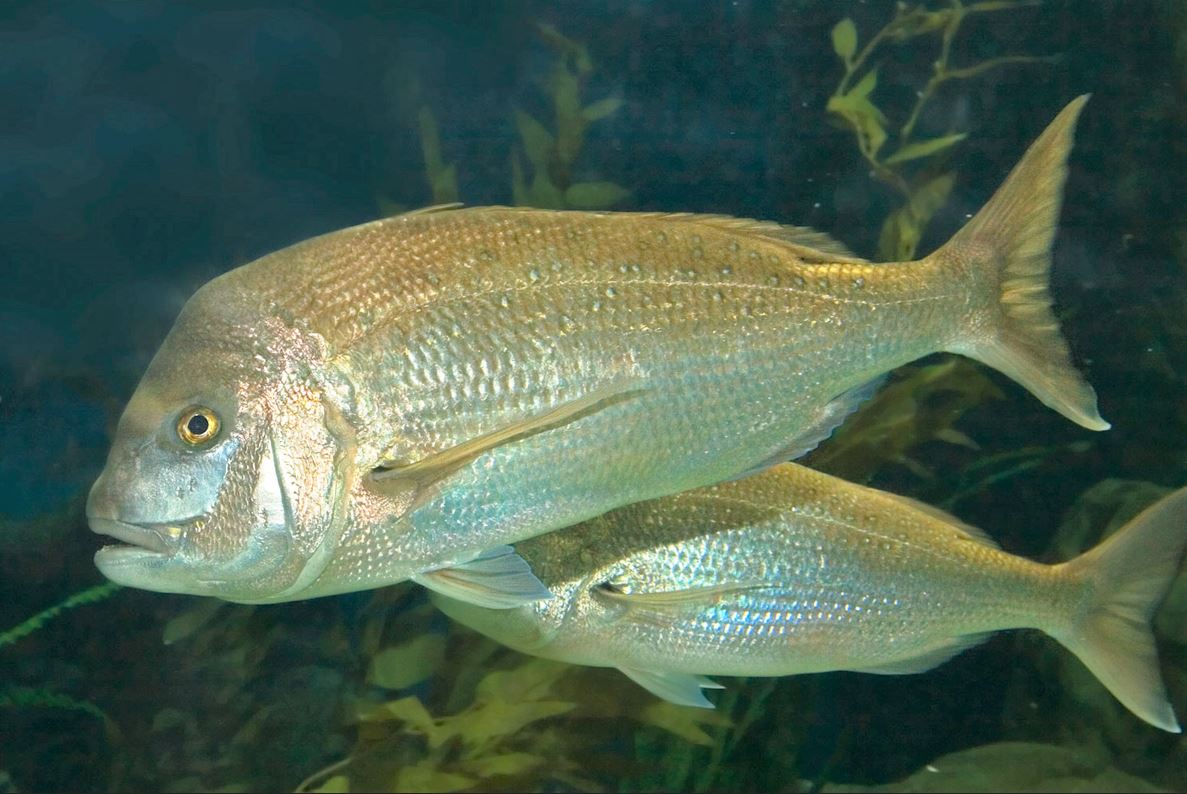
In-depth studies into understanding underground water at mine sites – and to improve the management of Australian and NZ snapper fisheries – will be led by Flinders University researchers in collaboration with interstate and overseas partners.
The latest industry-driven $838,000 Australian Research Council (ARC) Linkage Project (LP180101153) includes key partnerships between Flinders, the University of WA, Rio Tinto, WA Government, Water Corporation and researchers at Wageningen University in Europe.
The new project will study the effect of faults and barriers on groundwater flow and solute transport. It will create reliable computer models of faults and other common geological structures to determine groundwater flows at mine sites.
The Rio Tinto partnership builds on significant ongoing research initiatives between the company and the National Centre for Groundwater Research and Training at Flinders.
The centre’s director, Professor Craig Simmons, says development of field-based approaches and new models to quantify groundwater flow and solute transport through and along faults is vital for mine management around the world.
“By combining geological, hydraulic and geochemical approaches with 3D numerical models, we will gain an improved understanding of the role of faults and barriers in subsurface hydrology, and an improved ability to model complex groundwater systems,” Professor Simmons says.
“Understanding the effect of faults and barriers is critical in assessing the impacts of mining, unconventional gas and water resource developments,” says Professor Simmons, whose previous ARC Linkage projects have extensively studied other aspects of groundwater in WA’s Pilbara region.
The second Flinders University-led, a $321,113 ARC Linkage Project (LP180100756) announced today by Education Minister Dan Tehan, is a collaboration between five major state fisheries agencies in Australia, NZ Crown Research Institute Plant & Food Research, and the University of Queensland.
Chief investigator Flinders University molecular ecologist Professor Luciano Beheregaray says the project will generate and integrate genomic, environmental and phenotypic datasets for snapper populations from across vast coastal regions of Australia and NZ.

“The large-scale fisheries genomics program should substantially enhance fisheries management and aquaculture initiatives for snapper, providing commercial, social and environmental benefits for many stakeholders across the two countries,” Professor Beheregaray says.
Flinders University Deputy Vice-Chancellor (Research) Professor Robert Saint says the latest ARC Linkage Projects cement Flinders University’s leading status in groundwater and conservation genomics research – key components of the University’s strengths in earth and environmental sciences.
“The research will provide robust scientific data and evidence-based best practice that will enhance the sustainability of Australia’s mining and fisheries industries,” says Professor Saint.
“Flinders research in these areas is outstanding, and the latest ARC Linkage Projects illustrate some of the ways the University’s contribution to science will make a real difference to the future of the planet.”

